The Silent Poetry Revolution That Transcends Borders
They say football is a universal language, but what if poetry is even more powerful? Unlike football, poetry does not need stadiums, teams, or referees. It flows freely, easily reaching people across cultures and breaking language barriers. This year’s theme, “Poetry as a Bridge for Peace and Inclusion,” reminds us of poetry’s profound ability to unite hearts and foster understanding across divides.
Shakespeare once described poetry as “a mirror held up to nature.” Poetry reflects our shared emotions and human experiences, capturing joy, struggle, and hope. That is the magic of poetry. It does not need translation to be felt. A single verse can connect strangers, heal divisions, and inspire unity in ways that ordinary speech often cannot.
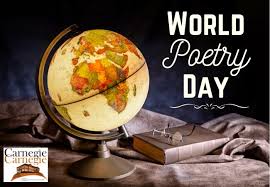
From War Zones to Words: How Poetry Mends Divides
In times of war and conflict, poetry becomes a lifeline. It soothes wounds, mends broken communities, and ignites hope. A well-crafted verse can ease pain, inspire empathy, and bridge gaps once thought unbridgeable.
Studies show that engaging with poetry reduces stress and promotes healing. A 2021 study published in Frontiers in Psychology found that reading poetry activates brain regions linked to emotional processing, helping people cope with trauma. UNESCO also highlights how poetry workshops have helped refugees express their grief, rebuild identity, and foster belonging.
History offers countless examples of poetry playing a role in peacebuilding. Survivors of war have used verse to process their pain. Communities torn apart by violence have found healing in shared poetic expression. Poetry is not just an art form—it is a guiding light in dark moments, reminding us of our shared humanity.
As the Somali-British poet Warsan Shire wrote:
“No one leaves home unless home is the mouth of a shark.”
These words, drawn from lived experience, carry the weight of countless displaced souls. They remind us that poetry does more than tell stories—it amplifies truths that the world needs to hear.
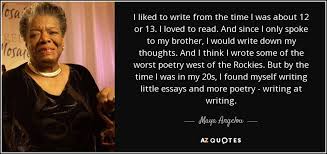
When Rhyme Becomes Resistance: Poetry as a Weapon for Change
When poetry turns into protest, it becomes an unstoppable force. It is more than just words—it is a spark that ignites movements. Throughout history, poets have wielded their verses as shields against injustice, challenging oppression and inspiring change.
Activist poetry often takes centre stage in movements for fairness and equality. Spoken or written, these words become rallying cries. They challenge the status quo. They fuel rebellion. They inspire action. Poetic movements have stood against tyranny, giving people the courage to demand their rights.
From William Shakespeare to Denis Brutus, from Maya Angelou to Wole Soyinka, Odia Ofeimun, Patience Ubi, Victor Kwesi, and John Keats, poetry has always been a tool for resistance. Nigerian literary giants such as Wole Soyinka and Niyi Osundare have also used verse to expose corruption and injustice. These poets, past and present, have risked everything to share their truths. Their words are more than art—they are weapons for change.
Can protest poetry truly shape our future? History suggests that it already has.
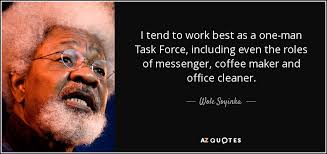
Voices of Change: Legendary Poets Who Used Their Words for Peace
Throughout history, legendary poets have called for peace. Their verses, passed from generation to generation, continue to inspire and challenge society.
Maya Angelou’s Human Family reminds us that we are more similar than we think. Pablo Neruda’s Ode to Peace envisions a world without war. Rumi’s Only Breath transcends religious divides, while Rabindranath Tagore’s Where the Mind is Without Fear dreams of a future free from oppression.
In Africa, the spirit of poetic resistance is just as strong. Nigerian poets such as Wole Soyinka and Niyi Osundare have challenged injustice through verse. Christopher Okigbo’s Heavensgate remains a heartfelt plea for peace. Similarly, South African poet Ingrid Jonker, Ugandan writer Okot p’Bitek, and Ethiopian literary voice Tsegaye Gabre-Medhin have all used poetry to defy oppression.
Their words linger in our hearts and minds. They drive social change. They foster unity. Poetry is not just an art—it is a movement.

Healing Through Poetry: How Verses Can End Conflict and Build Peace
Poetry heals like a soothing balm. It shines like sunlight after a storm, bringing warmth to even the darkest moments.
Scientific studies support poetry’s role in healing. A 2020 review in the Journal of Poetry Therapy found that poetry-based interventions improve emotional resilience and well-being. Another study conducted by Harvard University showed that expressive writing, including poetry, helps individuals process trauma and rebuild trust after conflict.
In therapy sessions and community gatherings, poetry has been used to spark healing and reconciliation. It turns pain into poetry. It transforms sorrow into strength. A well-written stanza can ease suffering, rebuild trust, and create peace.
Like a beam of light piercing through the clouds, poetry reminds us that even in despair, there is hope. It teaches us to embrace life with resilience, laughter, and love.
The Rise of Digital Poetry: How Social Media Amplifies Poetic Voices
Social media has revolutionised poetry, making it more accessible than ever before. Online poetry movements have created global communities where words can travel across borders in an instant.
Platforms like TikTok, Instagram, and Twitter have become spaces where poets share their verses with the world. UNICEF’s “Poems for Peace” initiative allows children affected by conflict to express themselves through poetry. Each tweet, post, or story becomes a small but meaningful contribution to the larger conversation on peace.
Poetry on social media is more than just a trend—it is a movement proving that words, no matter how short, can create real change.
Join the Movement: Be a Poet for Peace Today!
Poetry is not just ink on paper. It is a refuge for the soul. A bridge between distant hearts. A flame that ignites change. Throughout history, poets have wielded words to heal wounds, unite communities, and inspire hope.
You do not need to be famous to make a difference. A single verse can soften a hardened heart. A simple rhyme can inspire peace.
Your words, like a river flowing across many lands, have the power to cross borders and touch lives.
Thank you for reading our article and do not forget to subscribe to our website at www.roseflowereditorial.com to get the latest updates and follow us on Instagram, Facebook, and LinkedIn.
In case you missed our previous article, kindly click here.
Article written by Patience Ubi
Edited and published by Rhoda Erhabor
Featured Graphic Designed by Seye Somefun
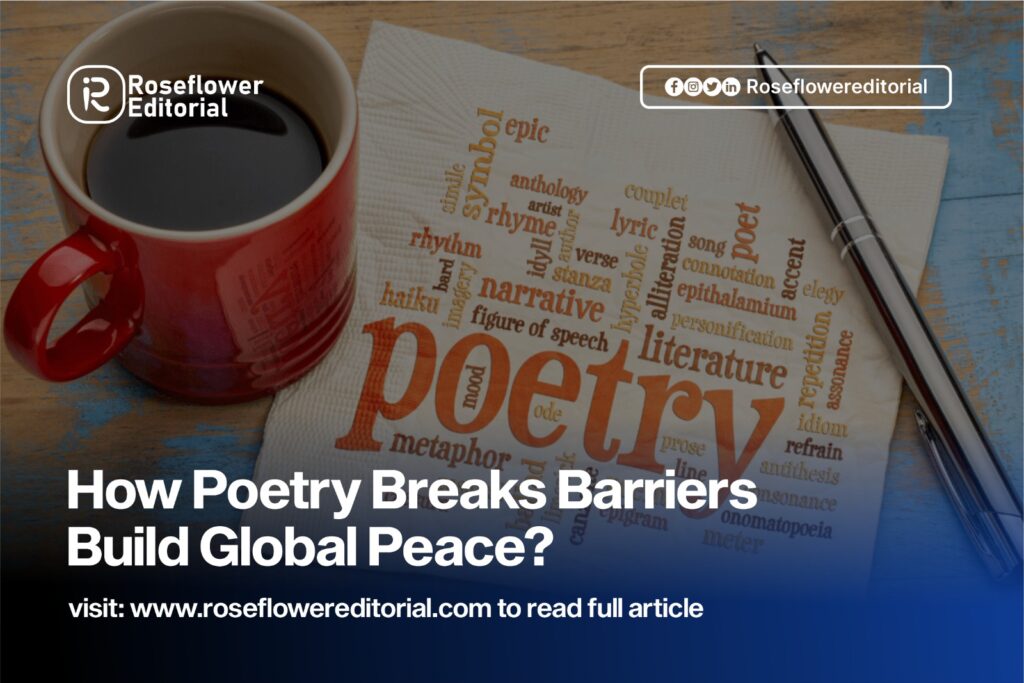

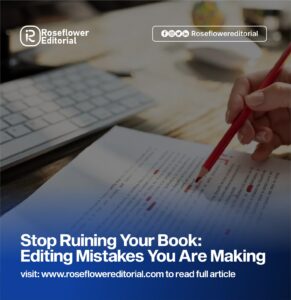










15 Responses
…And when Patience writes, there’s a hunger to read.
Happy World Poetry Day to Patience and Rhoda!
What an interesting blog post. Happy world poetry day!
I missed poets who understood their assignments like Odia Ofeimun and Dennis Brutus .
They say football is a universal language, but what if poetry is even more powerful.
This is not rhetoric; POETRY IS POWERUFUL.
Poetry is not just ink on paper. It is a refuge for the soul.
Absolutely!
Rhoda, thank you for this article. You finished work on this. Take your flowers, please.
We appreciate your honest feedback.
You are welcome, Dorathy.
Such a thoughtful writeup.
Thanks for sharing.
Thank you so much Tominsin
“Poetry is not just ink on paper. It is a refuge for the soul. Throughout history, legendary poets have called for peace. Their verses, passed from generation to generation, continue to inspire and challenge society.”
This words got me piqued.
Thank you for your honest feedback.